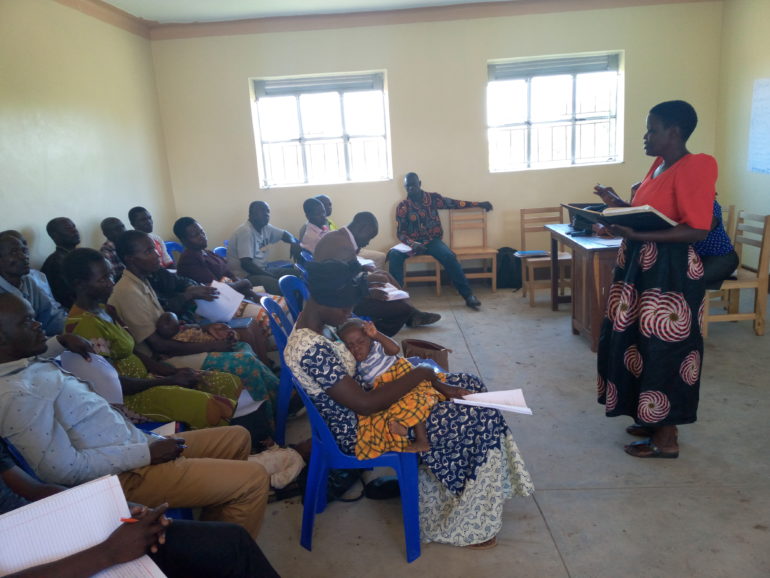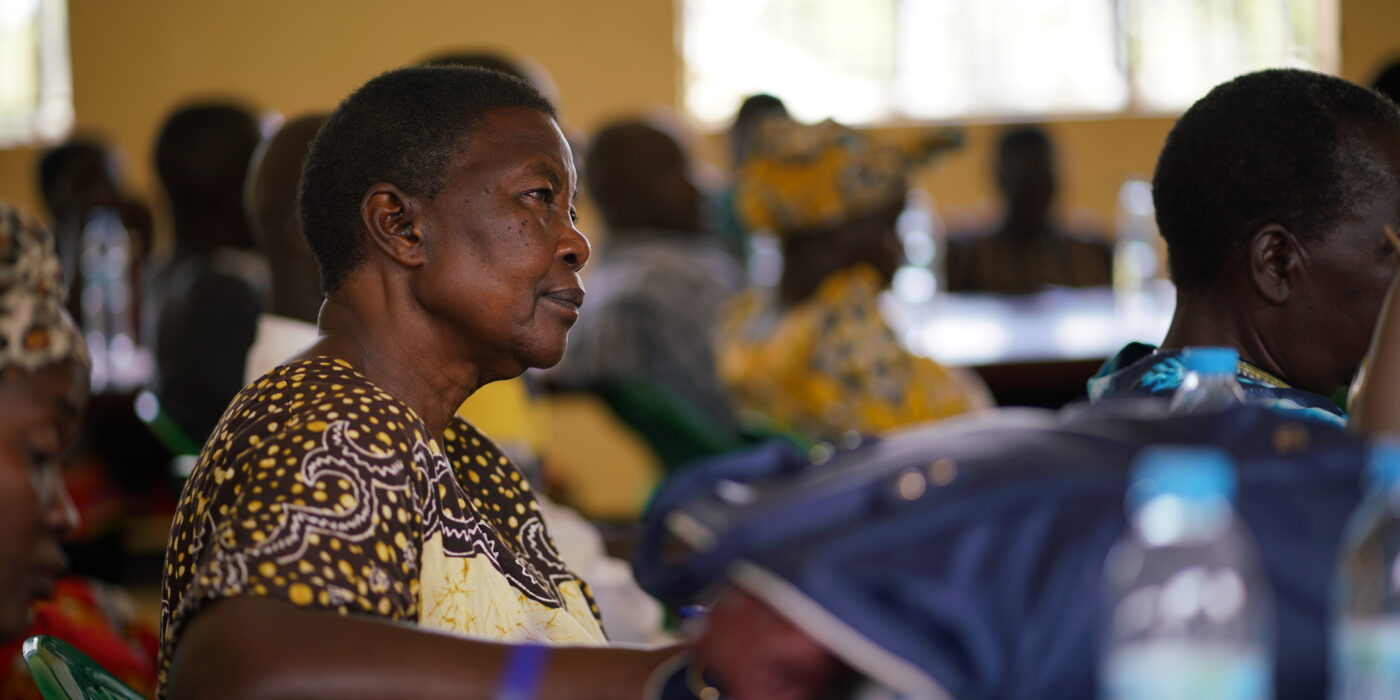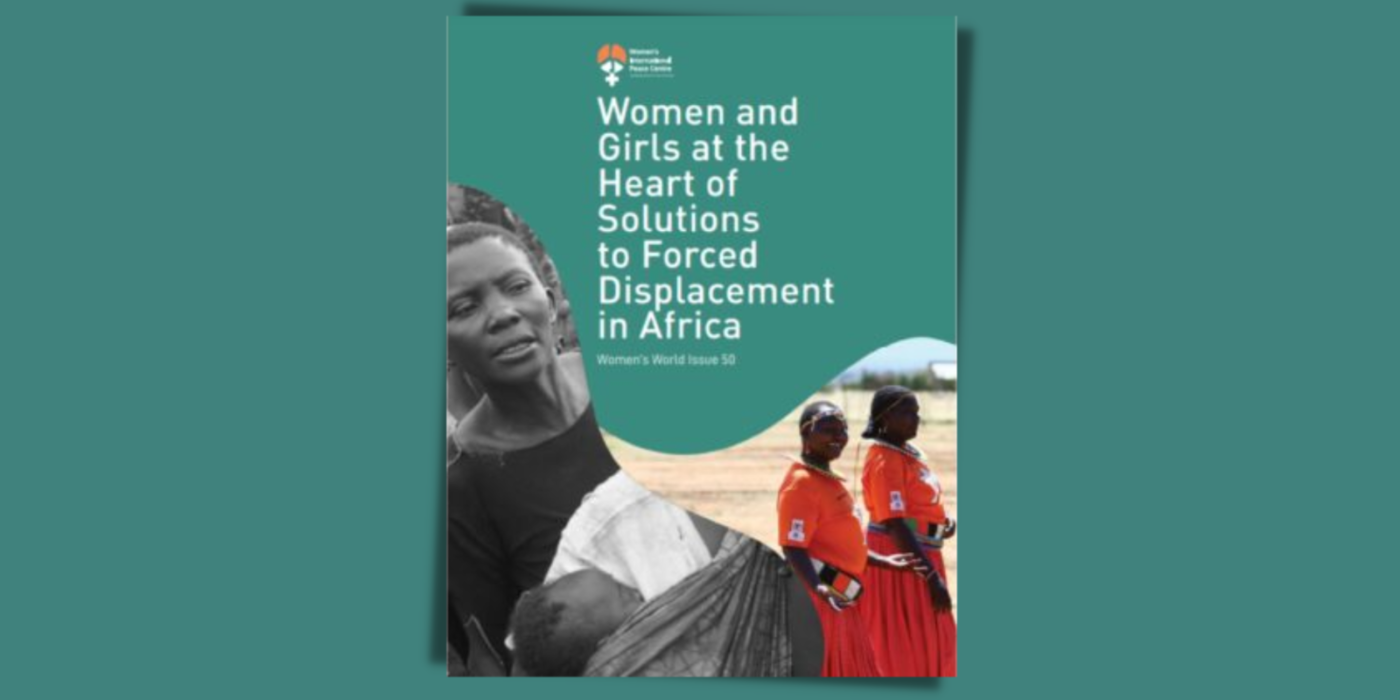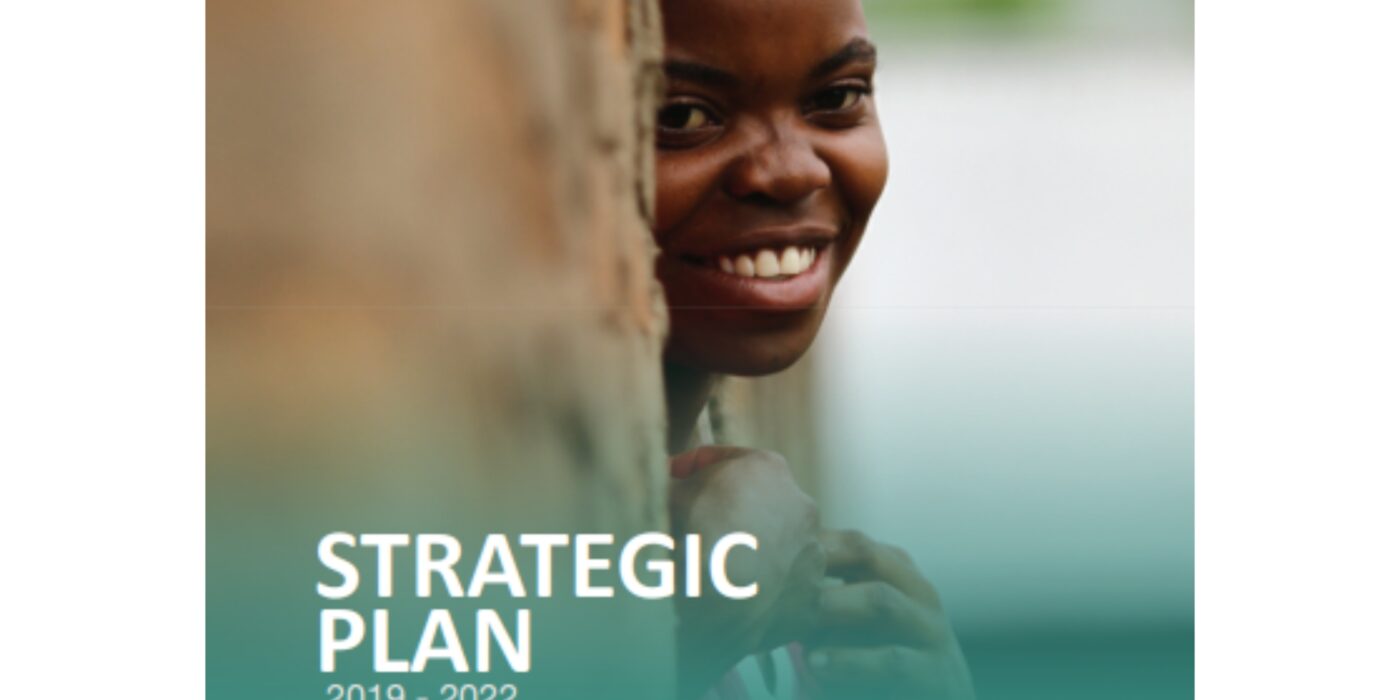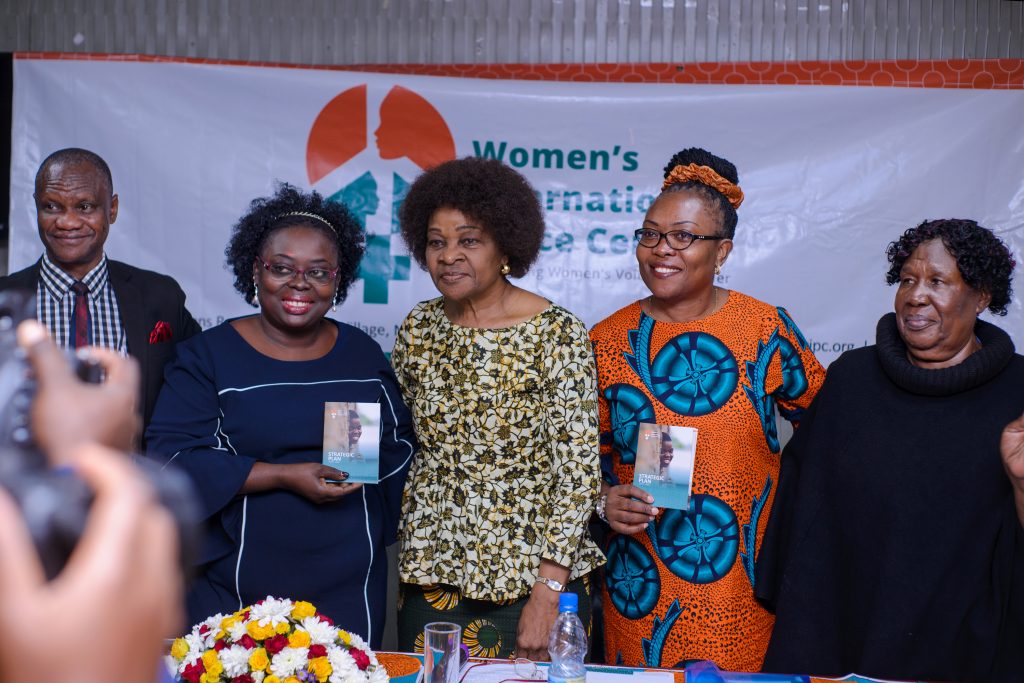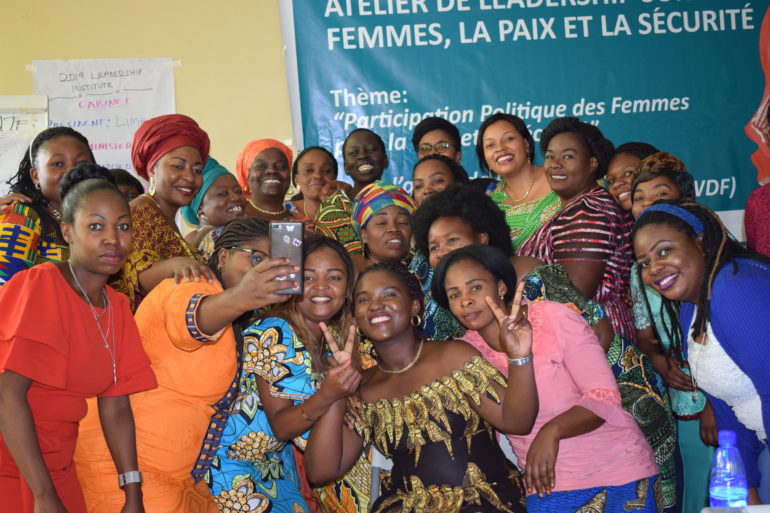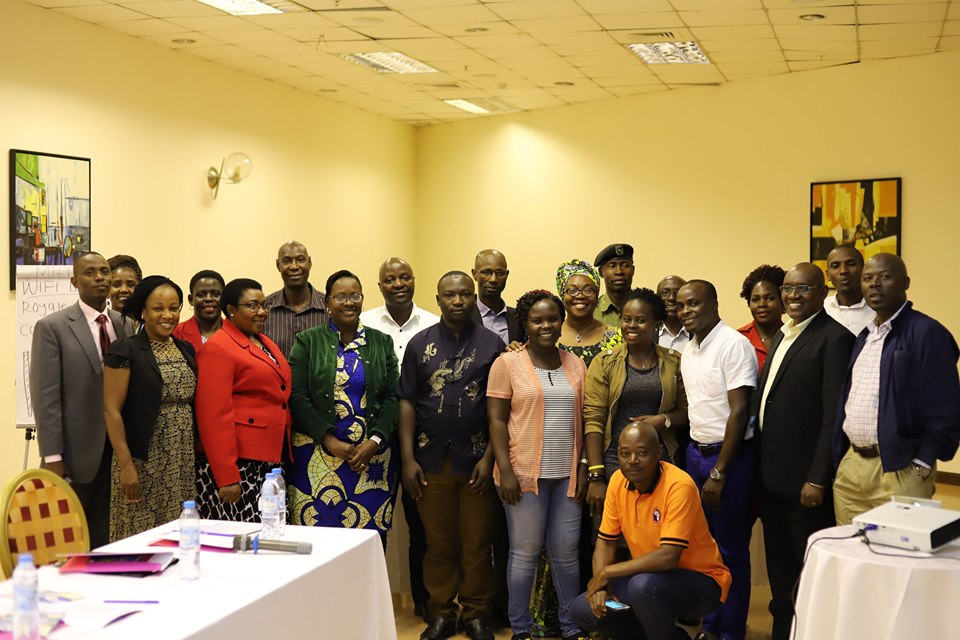Promoting Women’s Effective Participation in Peaceful Electoral Processes in Uganda
Since the introduction of multi-party politics in 1988, Uganda has not experienced peaceful, violent free democratic electoral processes. Uganda’s elections continue to be characterised by violence, ballot stuffing, altering of results and in the end a myriad of election petitions. The political environment in the build-up to, during and after elections has become increasingly charged with a number of reports of harassment, intimidation, acts of corruption, human rights abuses perpetrated by different political nemesis over the years. While the government has enacted laws on guiding the electoral processes such as the Presidential Elections Act and the Parliamentary Elections Act, 2005 gaps were identified by the Supreme Court in its ruling on petitions made it to court in 2006 and 2016 with the greatest challenge in the conduction of democratic elections being the conflicts that emerge before, during and especially after elections.
With funding from Democracy Governance Facility (DGF), The Centre is implementing a project ‘Promoting Women’s Effective Participation in Peaceful Electoral Processes in Uganda’aimed at improving women’s engagement and influence on electoral processes. In its initial stages, the project will focus on broader interventions covering pre-election, election and post-election processes and shall be implemented in the districts of Arua, Kapelebyong and Kassanda respectively. The project builds on the success of The Centres’ implementation of the Women’s Situation Room composed of the youth peer-to-peer peace process and women advocates for peace programmes implemented in the build-up to, during and in the after-math of Uganda’s 2016 general elections. In addition, the project also contributes to DGF’s higher-level outcome proportion of population satisfied with the way democracy works in Uganda and DGF higher-level indicator ‘proportion of population who believe decision making is inclusive and responsive’.

